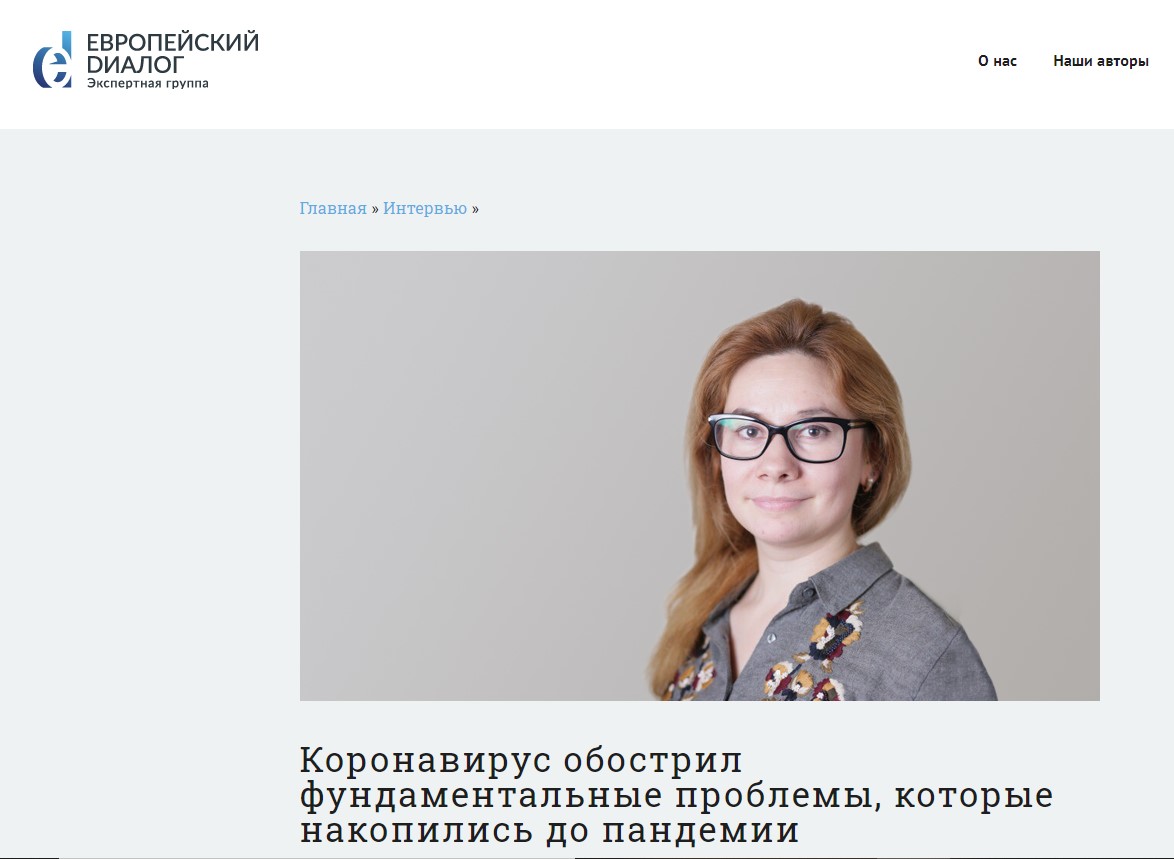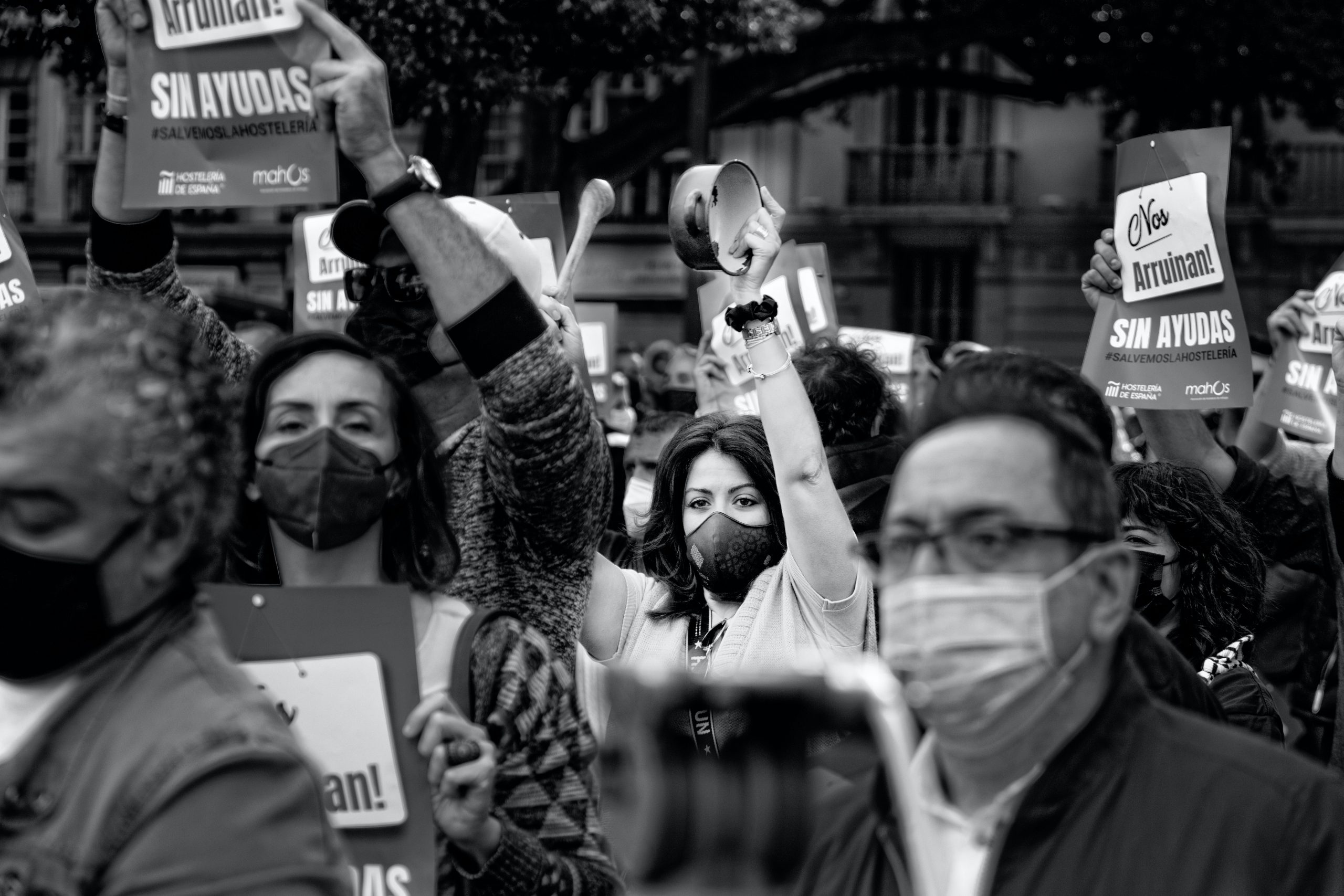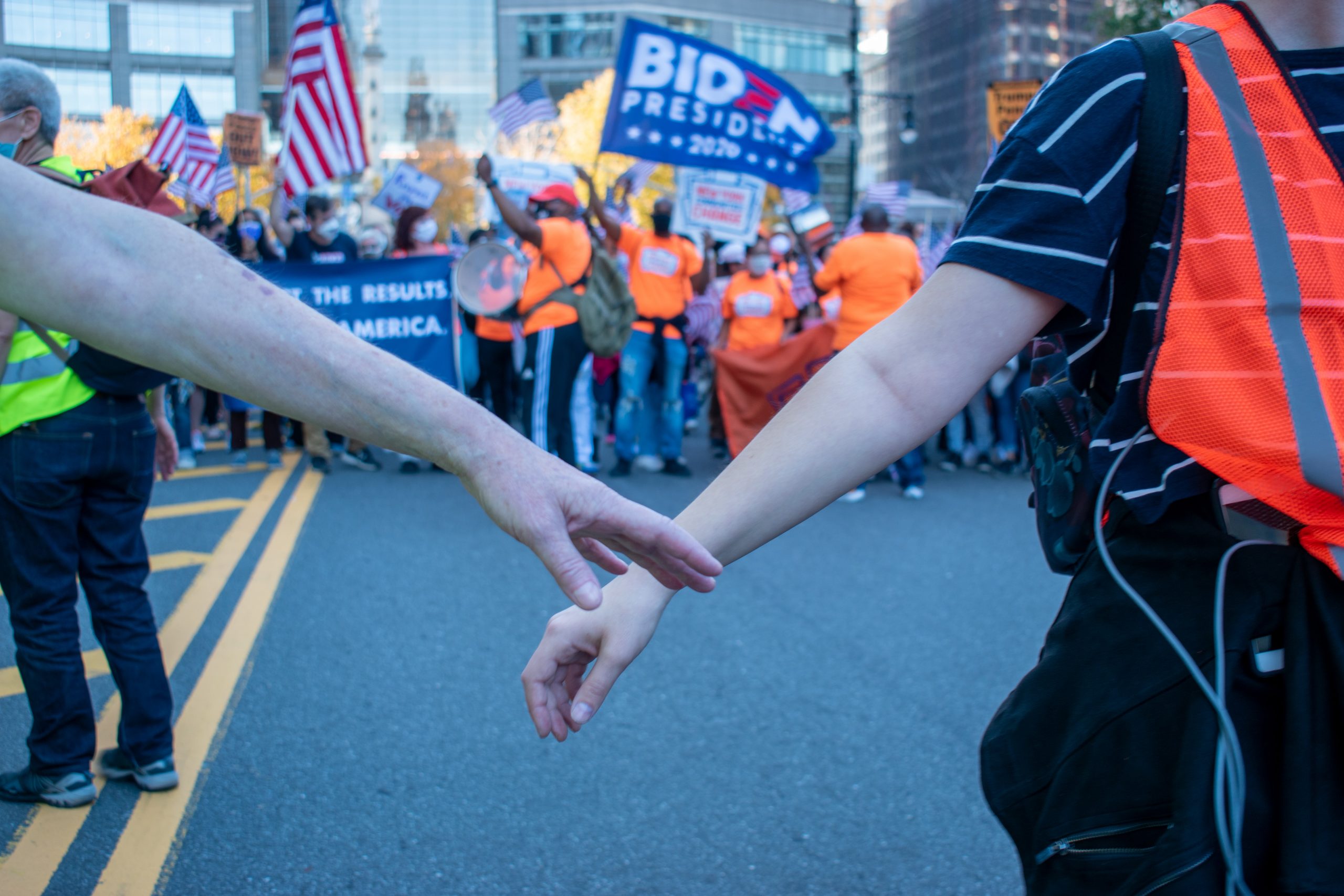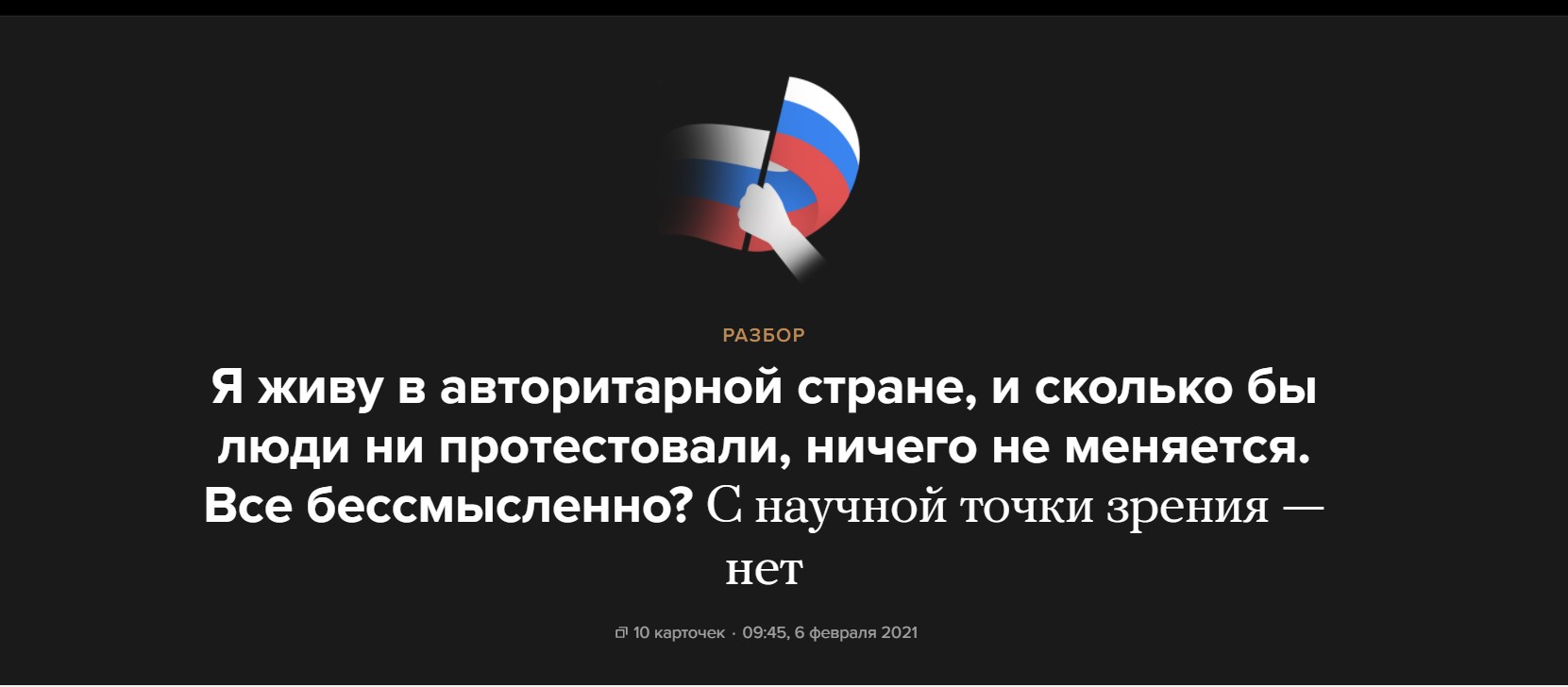Today HSE SPb organises a workshop “Coronavirus pandemic: new challenges for socio-political relationships in Russia”. During the workshop, the experts will discuss the research results of the effect of COVID-19 pandemic on various aspects of social and political life in Russia. Margarita Zavadskaya gives two presentations with Boris Sokolov (HSE SPb). In the first presentation, they outline a socio-psychological portrait of a typical COVID skeptic. In the second one, the researchers describe the determinants of political support and institutional trust in Russia during the pandemic.
Margarita and Boris demonstrate that Russia and the post-Soviet space, in general, are leaders in covid-skepticism among ten countries included in the “Values in Сrisis” survey. One explanation of this outcome may be the communism past, but the causal mechanism is ambiguous and requires further research. The researchers compose a portrait of a typical COVID skeptic in Russia. The dissidents are individuals who believe in the mysterious nature of the COVID-19. Commonly, these are more regularly men than women with an average level of education living in a medium or small town. Covid-skepticism prevails among respondents who distrust institutions, government, and traditional media to a greater extent. This group is more pessimistic and expects the Russian economy to shrink dramatically because of the pandemic. Counter-intuitively, covid-dissidents are less conservative and more open to risk. Facing the virus personally undermines skepticism while experiencing financial problems due to the restrictive measures acts as stimuli to a more significant skepticism.
If you want to learn more about Zavadskaya’s and Sokolov’s research, you can read the new article “How did Russian society react to Covid-19?” on Riddle.




